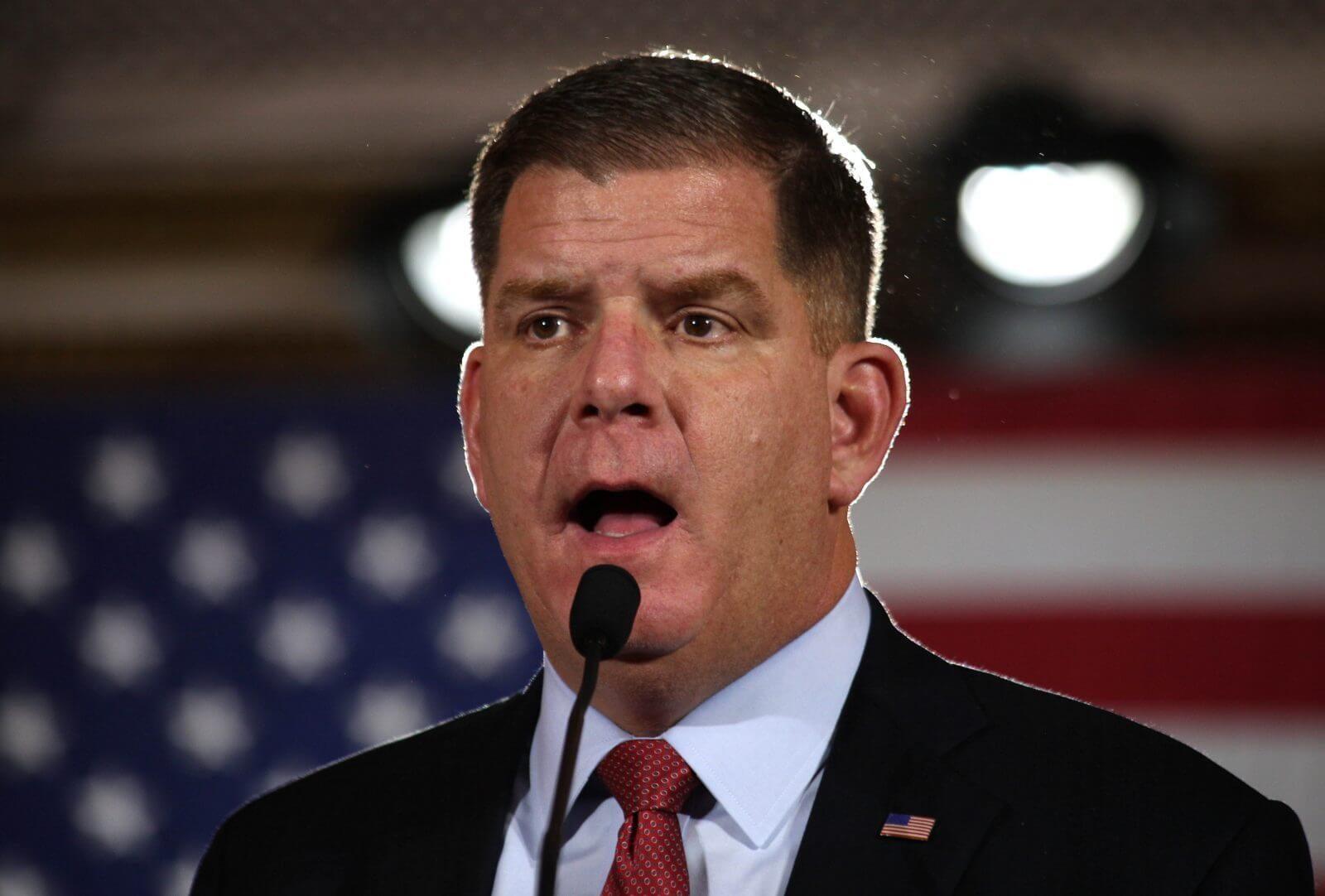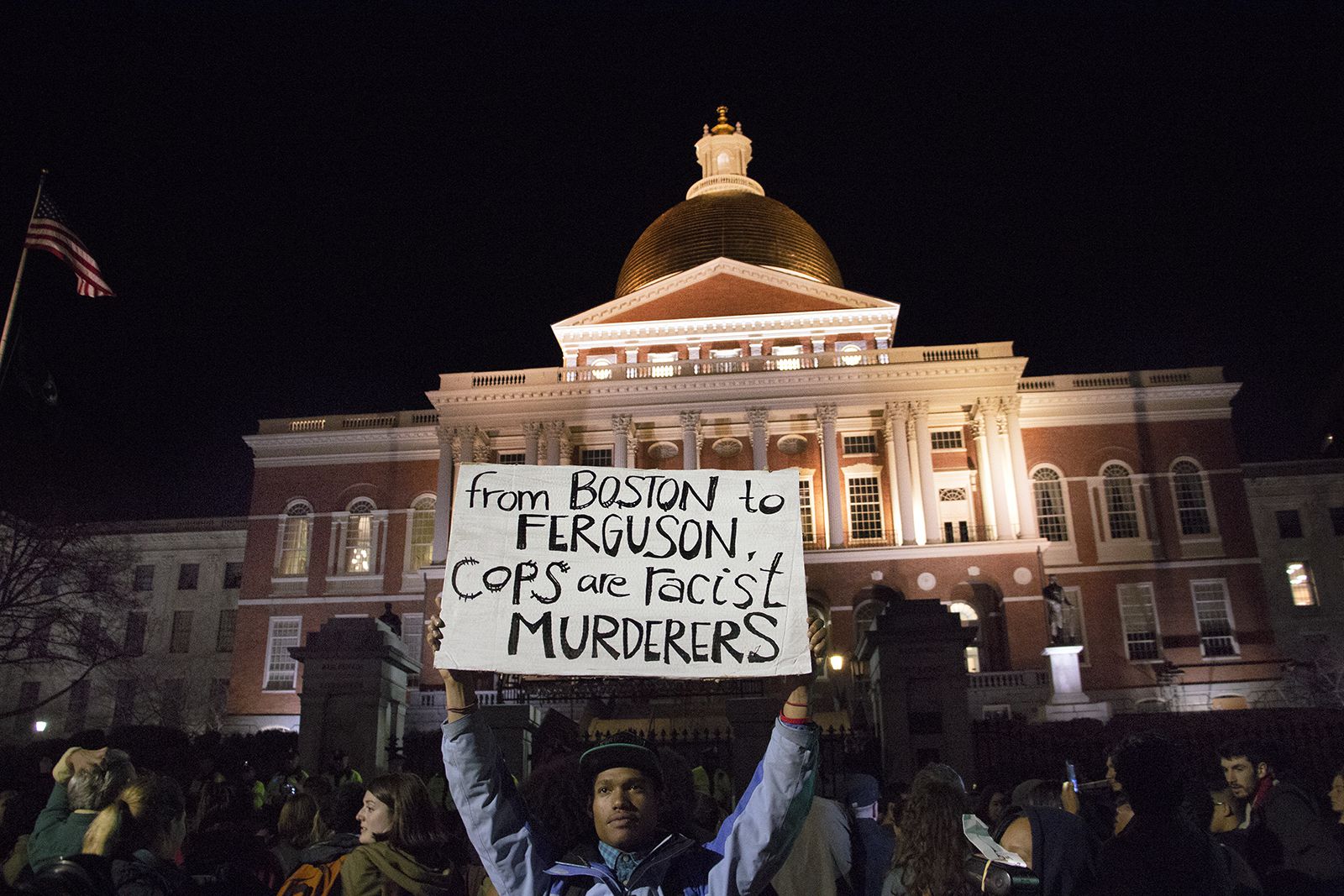The $27.4 billion proposed state budget put forth Thursday by the Massachusetts House Ways and Means committee would rely on steep program cuts rather than tax increases or emergency funds to overcome the deficit, a decision that some legislators said is detrimental to local municipalities and interest groups who rely on state aid for funds.
‘We have heard from cities and towns that say this would result in significant layoffs for policemen, for teachers and for other public employees,’ Massachusetts Municipal Association Deputy Legislative Director John Robertson said.
Robertson said the new budget would result in the cut of $425 million in municipality aid, or funds for public programs, resulting in 32 percent less aid than last year.
Other cuts would eliminate the state contribution to a program that funds pay raises for police officers receiving higher education, would nearly halve the aid for low-income renters and would eliminate an anti-gang program.
Rep. Byron Rushing (D-Suffolk) said he is opposed to the proposed budget.
‘I think the most important thing for the budget before any changes is that we make an opinion about increased [tax] income coming into the state,’ he said.
Boston University journalism professor and BU Statehouse Program Director Fred Bayles said alleviating cuts with tax increases may be unlikely because increasing taxes is usually unpopular during a recession. Bayles was unsure if there would be any kind of tax increase in the final budget.
‘Now is a politically tough time to raise taxes,’ he said.
Bayles said consumer taxes, which have been frequently mentioned in the budget discussions, are the most regressive kind of tax. Regressive taxes affect the poor more than the rich, as the tax is not adjusted for income.
‘A cynic might say that they have been raising these different trial balloons to see what tax might be the most palatable to the public,’ Bayles said. ‘They also want to put out these predictions of doom and gloom, which are true in most cases, so that the public can be convinced and scared into accepting taxes.’
Seth Gitell, spokesman for House Speaker Robert A. DeLeo, said according to DeLeo, Massachusetts cannot tax its way out of this problem.
According to the proposal, the budget would not draw from the emergency reserve commonly referred to as the ‘rainy day fund’ because the fund would be needed to lessen budget cuts in coming years.
Rushing said he agrees the already decreased ‘rainy day fund’ would be necessary for the future as the economic situation worsens.
‘I don’t think we’re in a recession,’ he said. ‘We’re in a depression.’
Rushing said current budget problems stem from overly severe tax cuts in the past.
‘What we have to do is make up just enough income to cover that period where we cut taxes,’ he said. ‘We cut taxes too much when we were doing well, and that’s why we’re in the situation we’re in.’


























































































































